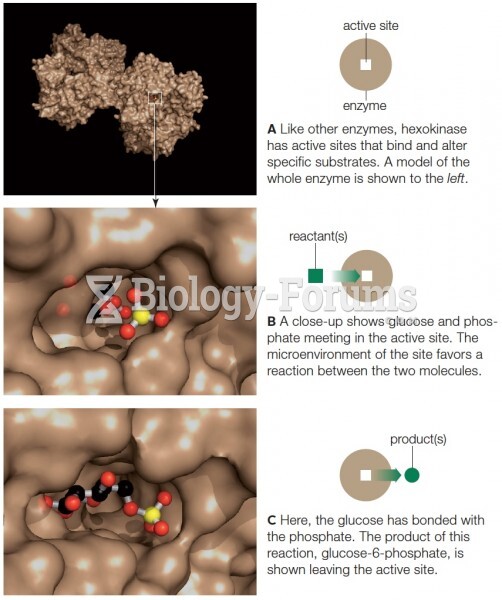Answer to Question 1
D
The two agencies that accredit schools of nursing (the National League for Nursing Accreditation Commission and the Commission on Collegiate Nursing Education) require undergraduate nursing programs to tailor their curricula to local and regional health care needs. Having the ability to work within several different types of agencies providing multiple levels of care is a good skill but is not one of the specific requirements of the two accreditation agencies.
Students do need a mastery of basic science skills in order to advance to more sophisticated concepts, but this is not a specific requirement of the accreditation agencies.
Nurse-run clinics are an increasingly used method of providing care and educating students, but they are not a specific requirement of accreditation agencies.
Answer to Question 2
B
Each outcome toward attaining a goal should have accompanying interventions that are based on scientific rationale and that are aimed at helping the patient meet the goal. If appropriate outcomes are not met, then the nurse must look to the interventions to ascertain whether they were appropriate to meet the outcome(s) and the overall goal.
It is certainly possible that delegated activities were not done or were done incorrectly, but this probably would not apply to every activity on the care plan directed toward meeting a certain goal.
Accurate assessment and input from the patient should have prevented the nurse from establishing outcomes the patient could not meet.
Good care planning takes into account the patient's unique personal attributes and the characteristics of the health alteration to formulate outcomes with a reasonable time frame. Inadequate time would not be the most likely cause of the failure.







